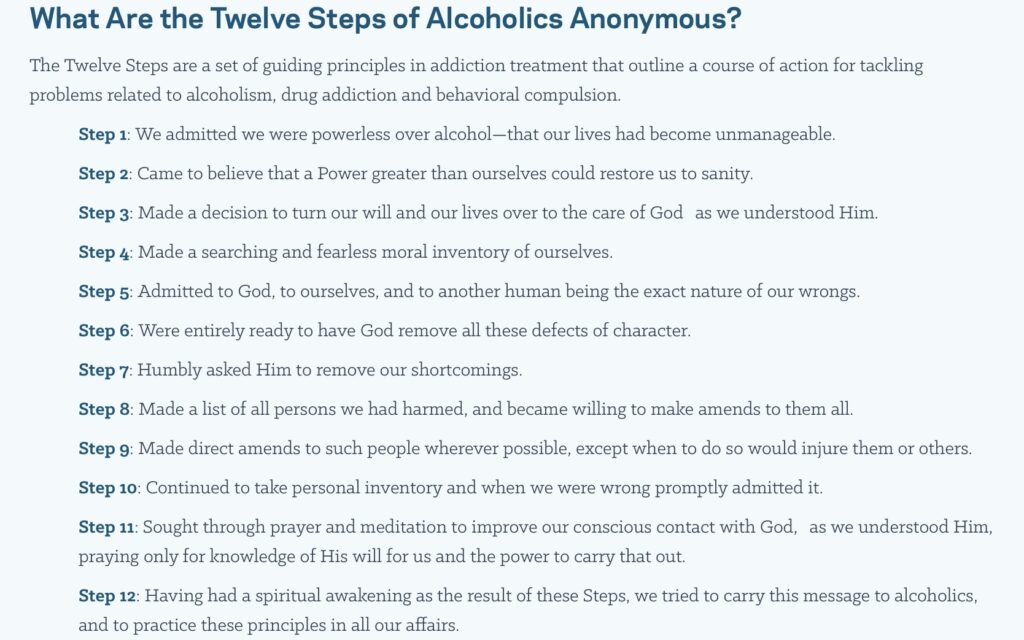The Power and Importance of Private Confession
Introduction
As a clergyman in a tradition that values and encourages private confession (also known as Reconciliation of a Penitent) I have witnessed it’s effectiveness. Also as a person who has been the confessed they have experienced the way it removes blocks to personal growth and maturation of character. It has been promoted as “available to all, required of none and necessary for some.”
Often some “sins” have been repressed into the subconscious and fester like an infection in the soul. Eventually this may lead a person to therapy because the negative effects on our outward life have led to disfuntion in relationships. Then therapy or perhaps pastoral counselling will reveal the old sin and lead to the resolution provided by confession.
Defining Private Confession
Private confession is exactly what the term suggests. A person shares with one other person what they have come to believe is a sin, something “done or not done in thought, word, or deed against God, someone else, or even themselves.
In Roman Catholicism and other traditions it is a sacrament (an outward and visible sign of an inward and spiritual grace). As a sacrament it has a written formal structure of dialogue between clergy and penitent. This includes a reminder of God’s Grace and willingness to forgive. The penitent shares the specifics (as appropriate) and is asked to forgive others as well. The pastor makes a declaration of forgiveness and suggests an appropriate penance. Penance is some action or behavior aimed at assisting the penitent in affirming their contrition and movement forward. The whole process is confidencial.
The most significant “secular” example of private confession is found in 12 Step programs.

Psychological Benefits of Private Confession
Emotional Release
Many tradition have a “Genral Confession” as part of worship. Those gathered confess in broad categories that apply to each of us. This may be adequate. However some of us so, etimes need to be specific. Stating our guilt or regrets outload too one other person can lighten emotional our emotional burdens. For Christians this sins have already been born by Mesus on the cross. The confessor does not take them up himself. Rather, they are washed away as it were by Jesus.
Cognitive Clarity
Confession helps us achieve self-awareness and identify negative patterns of behavior. For example: pride, gluttony, envy, or any on of the 10 Commandments.
Healing Relationships
There is a connection between personal accountability and mending broken relationships. 12 Steps, as listed above calls us to make amends.
Barriers to Private Confession
Some people resist confessing their wrongdoings. They may have fear of judgment, shame, or punishment. It may be realistically difficult to find a person to trust. It is wise to choose carefully.
Some may find the call to forgive others a barrier. I once heard the confession military person. He was filled with bitterness towards the givernment for placing him in a situation that caused him to get terminal cancer. He couldn’t let that go. I couldn’t pronounce absolution.
Conclusion
Confession is a very useful and effective practice for spiritual health. It is not to be taken lightly. One should be careful to choose a mature and skilled confessor. Pastoral Counseling or therapy may be beneficial before and or after confession.
For more posts click here.
